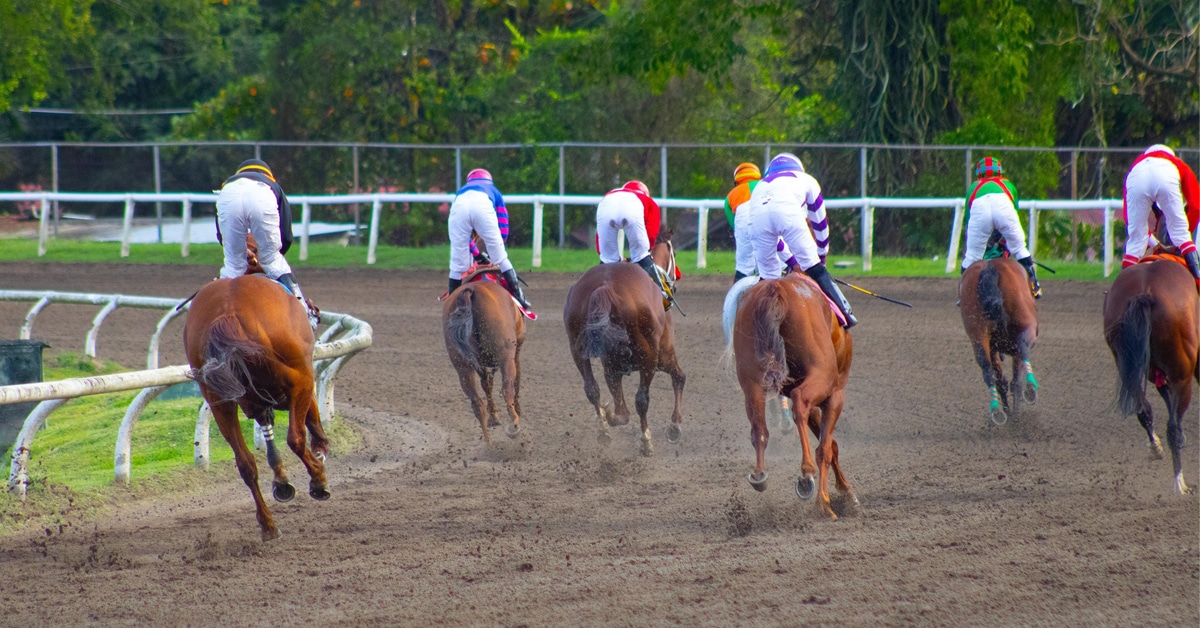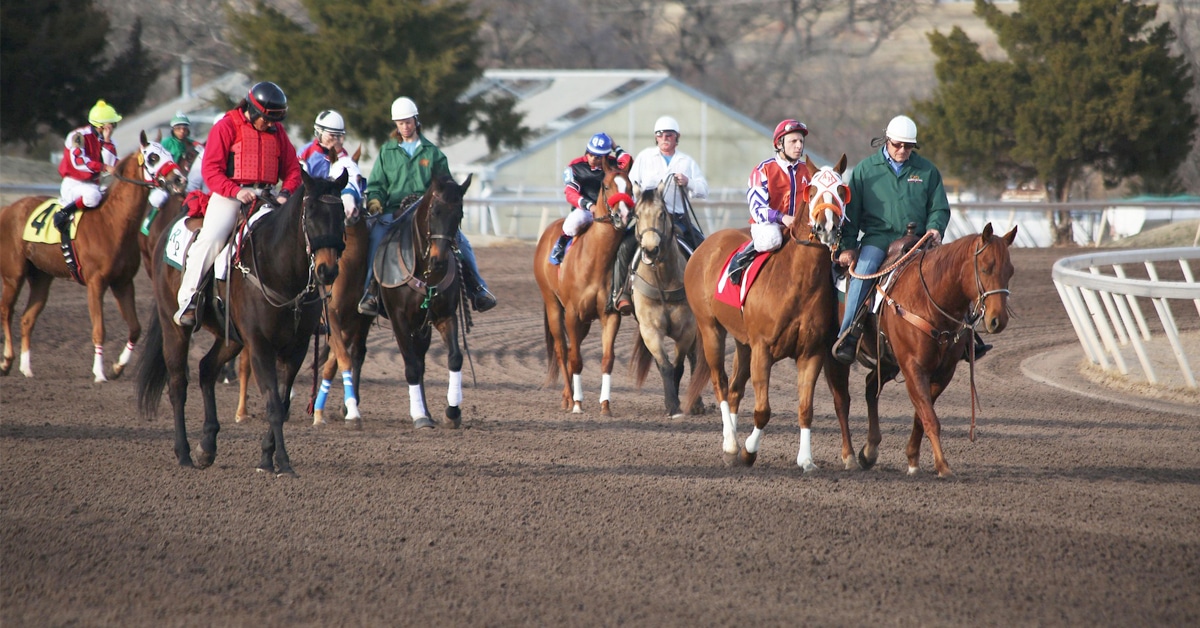Until a few decades ago, horse racing was an important part of cultural life in Canada. They gathered thousands of spectators, fans, and players who came to the racetracks with their whole family. It was not just a sporting event, but an event with horses, hats, emotions, and, of course, betting. However, horse racing has lost its former popularity in recent years. Racetracks are emptying, the aging audience is leaving, and young people are more interested in hockey, esports, or even streaming on YouTube.
Online betting: a new life for an old sport
Nevertheless, against the background of digital transformation, signals have begun to appear again that interest in horse racing may return. Online betting suddenly became the main driver of this process. With the advent of mobile apps and the legalization of online betting in Canada, viewers once again have a way to get involved in the process, even if not from the podium, but from the smartphone screen.
Interestingly, Canada partly follows the example of Great Britain, where horse racing has not lost its popularity for decades. UK horse race betting sites are actively developing their convenient, legal, and advanced platforms that allow you to place bets, watch broadcasts, analyze statistics, and participate in sweepstakes. It was British websites that became the first step into the world of horse racing betting for many Canadians: they are intuitive, mobile, and offer advanced features.
What is changing with the advent of online betting?
To understand how online betting affects the industry, you need to consider what exactly it is changing:
- Engaging a new audience. Young people who were not interested in horse racing before are now coming to the sport through digital platforms and live broadcasts.
- Additional sources of income. Racetracks receive a percentage of online betting, enter into partnerships with platforms, and introduce digital advertising.
Thanks to this, horse racing becomes interesting again, not only to the players but also to the organizers. It becomes possible to adapt the format to modern realities. For example, you can broadcast races in VR, make interactive predictions, or run challenges on TikTok. All this may sound unusual, but it is this hybrid approach that helps to revive the good old tradition and make it relevant for a new generation.
Risks that must not be forgotten
However, it is worth admitting that online betting has a downside. Not all experts and market participants treat them unambiguously. There are very real risks that cannot be ignored:
- The growth of gambling addiction. Especially among young users who do not always have enough experience and self-control.
- Pressure on trainers and horse owners. When the stakes rise, expectations rise, and not everyone is ready to withstand this level of stress.
In addition, it is important to remember that horse racing is not only a business, but also a sport where animal welfare is central. The passion for betting should not overshadow an ethical approach to the maintenance and training of horses. Many activists are already speaking out about the need for clear regulation, so that public interest does not escalate into the exploitation of animals, and so that sport remains honest, sustainable, and fair to all participants in the process.
What will help bring horse racing back to popularity?
Nevertheless, if everything is done competently and responsibly, online betting can become a powerful tool for the revival of the industry. The main thing is not to try to mechanically copy other people’s models, but to adapt them to the Canadian reality. This means taking into account cultural specificities, regulatory transparency, support for local racetracks, and the involvement of farming communities.
That is what experts believe should be a priority in the coming years:
- Development of national platforms that are competitive with foreign services.
- Integration of horse racing with digital media, including live broadcasts, social networks, and mobile gamified applications.
So the question is not whether Canadians will be interested in horse racing again. The question is how to properly channel this interest so that it becomes sustainable, culturally significant, and economically useful. Online betting can be a catalyst for change if used as part of a broader development strategy. And then, quite possibly, horse racing will once again take pride of place in the sporting and social life of Canada.
The Latest









